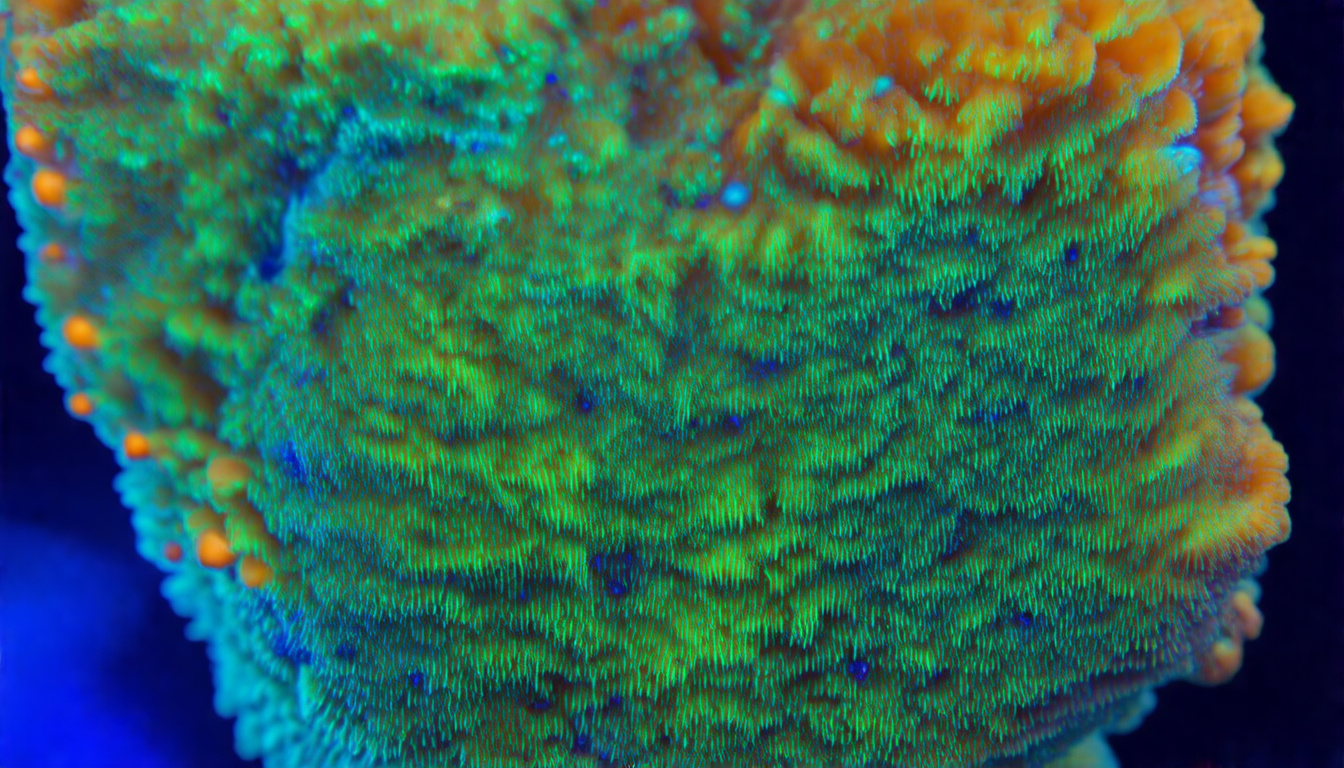Magic mushrooms fascinate both scientists and fans. They pack unique psychoactive traits and intricate genetics. Here, magic mushroom spores genetics UK experts study how spores shape growth, strength, and variation. In this guide, we look into spores’ genetics, share what UK researchers found, and explain its impact on cultivation, science, and medicine.
Understanding Magic Mushroom Spores: A Genetic Foundation
Magic mushrooms from the genus Psilocybe reproduce with spores, not seeds. Each spore holds the genes that shape the mushroom’s look and its psilocybin and psilocin levels.
The magic mushroom spores genetics UK research shows that spores carry many genes. These genes drive potency and help mushrooms cope with different environments. Breeders and growers need this genetic variety to produce mushrooms with specific traits.
Why Are Magic Mushroom Spores Genetic Studies Important?
Researchers and cultivators study spore genetics to:
• See how strains connect at the genetic level, which improves strain ID.
• Breed mushrooms with traits like a boost in psilocybin, quicker growth, or resistance to disease.
• Keep genetic variety, which is vital for adapting and lasting over time.
• Support medical research by finding promising strains for treatments.
UK scientists lead the way in mapping gene sequences of popular strains, offering a clear look at how genes affect mushroom traits.
The UK’s Pioneering Role in Magic Mushroom Spore Genetics Research
UK centers in mycology and genomics reveal spores’ genetic secrets. Using advanced DNA sequencing and bioinformatics, they chart multiple Psilocybe genomes.
Their work shows that:
• There is genetic variety between and within species.
• Some gene groups control psilocybin production.
• Epigenetic factors affect genes that guide growth and strength.
The UK team’s research helps guide safe and responsible cultivation based on solid genetic data.
Key Genetic Markers in Magic Mushroom Spores
Geneticists watch several gene markers in spores. These markers predict mushroom behavior and chemical profiles. They include:
- Psilocybin Biosynthesis Genes
- These genes produce enzymes that change tryptophan into psilocybin.
- Growth Regulation Genes
- They affect the speed and strength of mycelium growth.
- Stress Resistance Genes
- They help fungi survive environmental shifts and pathogens.
- Morphology Genes
- They shape the cap, color, and way spores form.
UK researchers sequence these markers. They classify strains, confirm spore authenticity, and fine-tune growing techniques.

The Implications for Mushroom Cultivators and Enthusiasts in the UK
For UK cultivators and fans, magic mushroom spores genetics UK insights are useful. Genetic insights help by:
• Picking spores with well-known genetics for stronger yields and better potency.
• Avoiding strains known for contamination or low growth.
• Helping with legal processes through clear strain lineage.
• Encouraging ethical spore sourcing and biodiversity.
Many UK growers now use genetic test kits or work with local labs before they start growing.
A Practical Guide: How to Use Genetic Information for Growing Magic Mushrooms
To use the newest genetic data, follow these steps:
- Obtain genetically verified spores from trusted UK labs or suppliers.
- Test spore genetics with available kits or lab services.
- Choose strains that match your goals, whether you want high psilocybin or fast colonization.
- Adjust growing conditions based on the spores’ genetic traits.
- Record your results. This helps you improve future cultivation.
By following these steps, you can boost success and safety when growing mushrooms.
Common Questions About Magic Mushroom Spores Genetics UK
1. Can magic mushroom spores be legally obtained in the UK?
Yes. In the UK, it is legal to have and sell spores for research or microscopy. Cultivating psilocybin mushrooms remains illegal. Spores do not have psilocybin, which keeps them legal in many cases.
2. How do UK experts test the genetics of magic mushroom spores?
Experts in the UK use DNA sequencing methods like Next-Generation Sequencing. They pair these tools with bioinformatics to read spore genomes. This process locates genes and tracks strain history while revealing traits tied to potency and growth.
3. Are there differences between UK and global magic mushroom spores genetics?
Yes. Studies show that Psilocybe strains vary by region. UK research finds unique genetic markers that come from local environments. These often differ from strains found in other parts of the world.
The Future of Magic Mushroom Spores Genetics Research in the UK
As psychedelics gain interest for mental health, understanding spore genetics becomes more vital. UK researchers now merge genomics with pharmacology and cultivation science.
Artificial intelligence and machine learning are expected to speed up strain development. They will help optimize potency and find new therapeutic variants. Legal changes may soon allow broader research and controlled growing, spurring more innovation.
Conclusion: Embrace the Genetic Revolution in Magic Mushroom Spores
The insights from magic mushroom spores genetics UK experts change how we view, study, and grow these fungi. With strong genetic insights, growers achieve better yields, science deepens, and the role of psychedelics in therapy grows.
If you are curious about magic mushrooms or work with their cultivation or research, now is the time to study spore genetics. Embrace this genetic revolution to ground your methods in science, improve yields, and add to a growing knowledge base.
Connect with UK experts, get verified spores, and elevate your cultivation or research today!
Source: For more detailed genomic data on Psilocybe species, visit the National Center for Biotechnology Information (NCBI) database here.

Leave a Reply